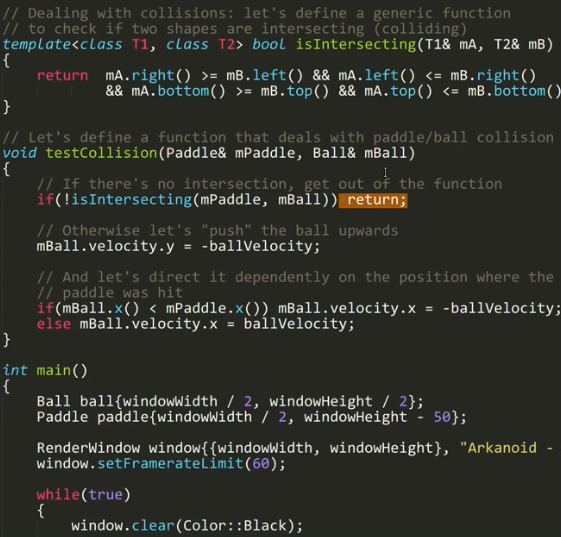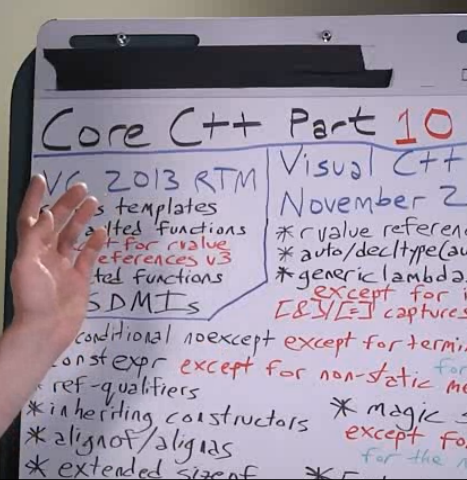Concept Checking in C++11 -- Eric Niebler
 While we're waiting for Concepts Lite, Eric shows how we can already do quite a bit in C++11 while planning for a transition to language support when it's available.
While we're waiting for Concepts Lite, Eric shows how we can already do quite a bit in C++11 while planning for a transition to language support when it's available.
Concept Checking in C++11
by Eric Niebler
From the article:
This post describes some utilities I’ve recently developed for doing concept checking in C++11. These utilities are part of an ongoing project to reimplement ranges, also for C++11, but I think the concept checking utilities are useful and interesting in their own right...



 For the first time in several years, Bjarne Stroustrup and Herb Sutter will hold a two-day seminar on C++
For the first time in several years, Bjarne Stroustrup and Herb Sutter will hold a two-day seminar on C++ What is this "type erasure" thing you speak of? It's not something at the other end of a pencil (remember those?) but a way to hold an object without knowing its exact type. Andrzej explains:
What is this "type erasure" thing you speak of? It's not something at the other end of a pencil (remember those?) but a way to hold an object without knowing its exact type. Andrzej explains: Accompanying today's release of the
Accompanying today's release of the